7th BRICS summit
The 7th BRICS summit was the seventh annual diplomatic summit of the head of states or government of the BRICS member states. It was held in the Russian city of Ufa in Bashkortostan on 8–9 July 2015.[1]
| 7th BRICS Summit VII саммит БРИКС | |
|---|---|
 | |
| Host country | Russia |
| Date | 8–9 July 2015 |
| Cities | Ufa, Bashkortostan |
| Participants | BRICS |
| Follows | 6th BRICS summit |
| Precedes | 8th BRICS summit |
| Website | en |
Background
During the 6th BRICS summit in Fortaleza, Brazil, the BRICS leaders signed a declaration reading: "Brazil, India, China and South Africa convey their appreciation to Russia for its offer to host the Seventh BRICS Summit in 2015 in the city of Ufa and extend their full support to that end."[2][3]
Agenda
The summit coincided with the entry into force of constituting agreements of the New Development Bank and the BRICS Contingent Reserve Arrangement and during the summit inaugural meetings of the NDB were held, and it was announced it would be lending in local currency; and open up membership to non-BRICS countries in the coming months.[4]
Participants
| Core BRICS members Host state and leader are shown in bold text. | |||
| Member | Represented by | Title | |
|---|---|---|---|
| Brazil | Dilma Rousseff | President | |
| Russia | Vladimir Putin | President | |
| India | Narendra Modi | Prime Minister | |
| China | Xi Jinping | President | |
| South Africa | Jacob Zuma | President | |
BRICS-SCO-EEU summit
The BRICS held a joint summit with the Shanghai Cooperation Organisation and the Eurasian Economic Union in Ufa on 9 July. Invited heads of states or government:
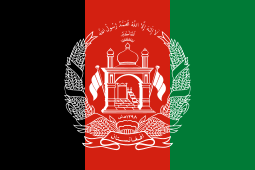




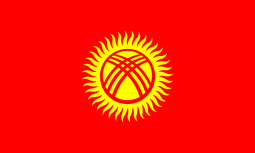
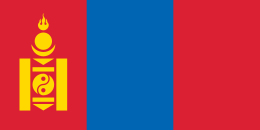

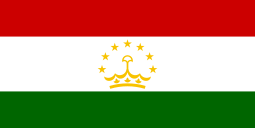
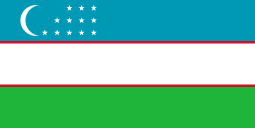
Leaders
Legacy
Though other sectoral ministers have met, as a result of this meeting, the Russian proposal for an ICT minister's meeting took place in October. Russia's Minister of Communications and Mass Media Nikolai Nikiforov hosted a Ministers of Communications meeting in Russia. At the meeting he proposed that BRICS states support their information technology companies and to open their respective markets to the rest of the bloc in order to challenge the U.S, monopoly in the sector. He said on 22 October: "All BRICS states are interested in cooperation in the sphere of information and communications technologies (ICT). [While every BRICS state has advantages in a particular sphere of ICT] but today, information technologies are a driver of economic growth for all [BRICS countries], without exception. On the IT-market and in the Internet sphere there is a monopoly of one state or a couple of states and just several companies. These companies are acting as if they were part of the state machine, not independent market actors."[5]
Gallery
References
- Chernyshova, Daria (14 July 2014). "Russian Delegation in Brazil Learns BRICS Summit Organizational Ins and Outs". RIA Novosti. Retrieved 15 July 2014.
- "Next BRICS Summit to be held in the Russian city of Ufa". Press Trust of India/The Economic Times. Retrieved 10 June 2014.
- "The Sino-Brazilian Principles in a Latin American and BRICS Context: The Case for Comparative Public Budgeting Legal Research". Wisconsin International Law Journal. 13 May 2015. Retrieved 6 June 2015.
- http://zeenews.india.com/business/news/international/brics-bank-to-start-lending-in-local-currency-by-april-kamath_131039.html
- https://www.rt.com/business/319433-brics-it-ministers-meeting/
External links
| Wikimedia Commons has media related to 2015 BRICS summit. |
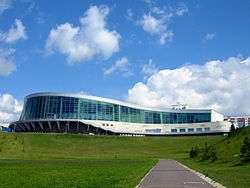
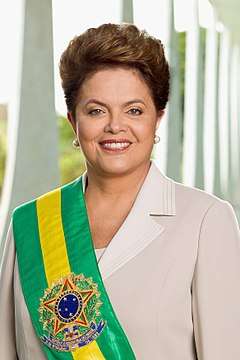
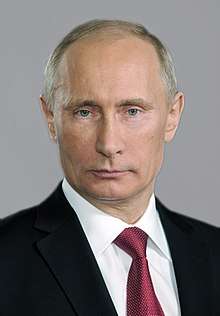
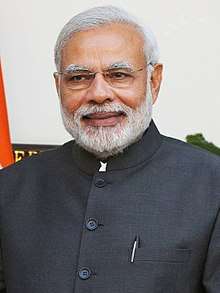
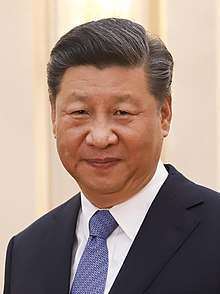
.jpg)




